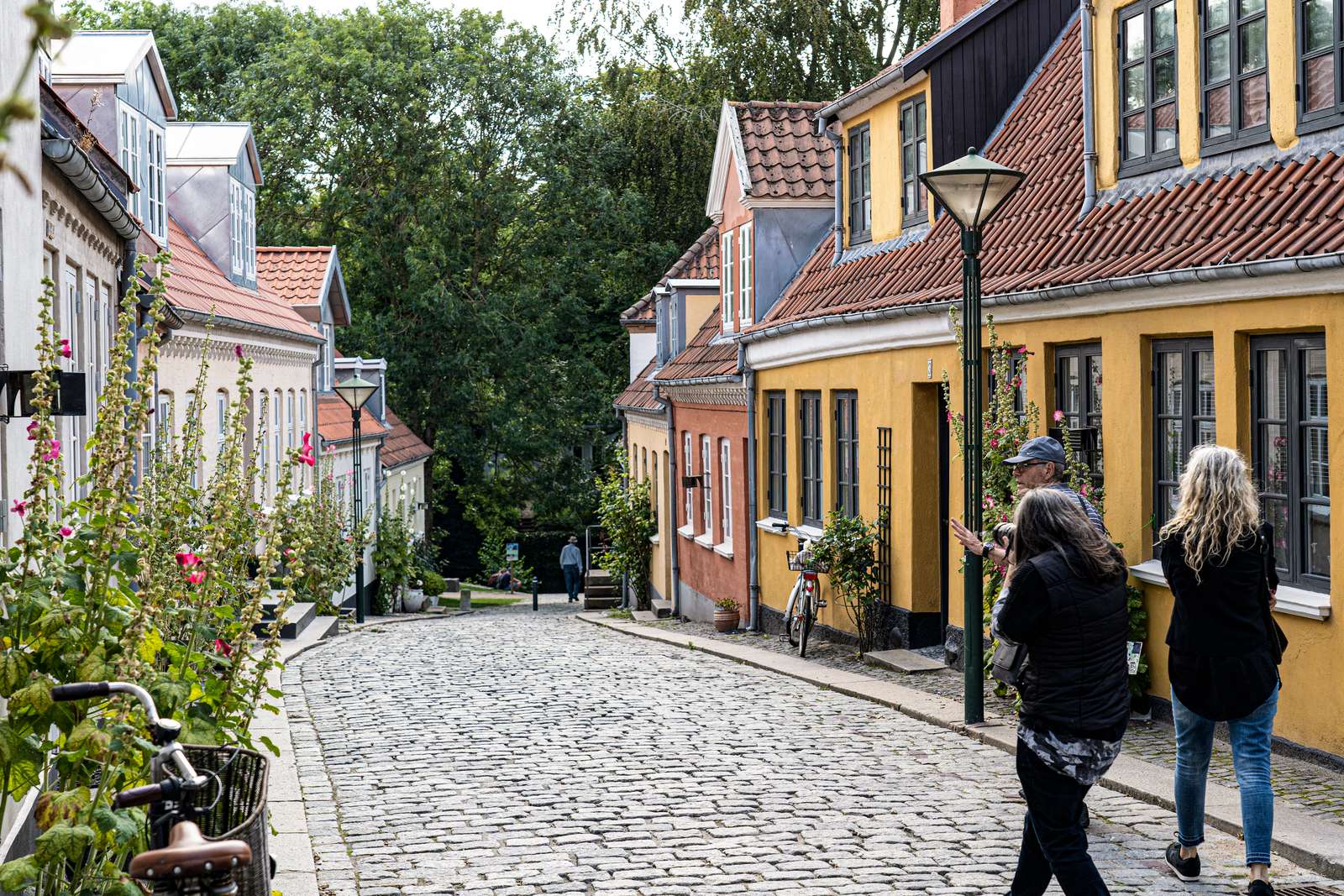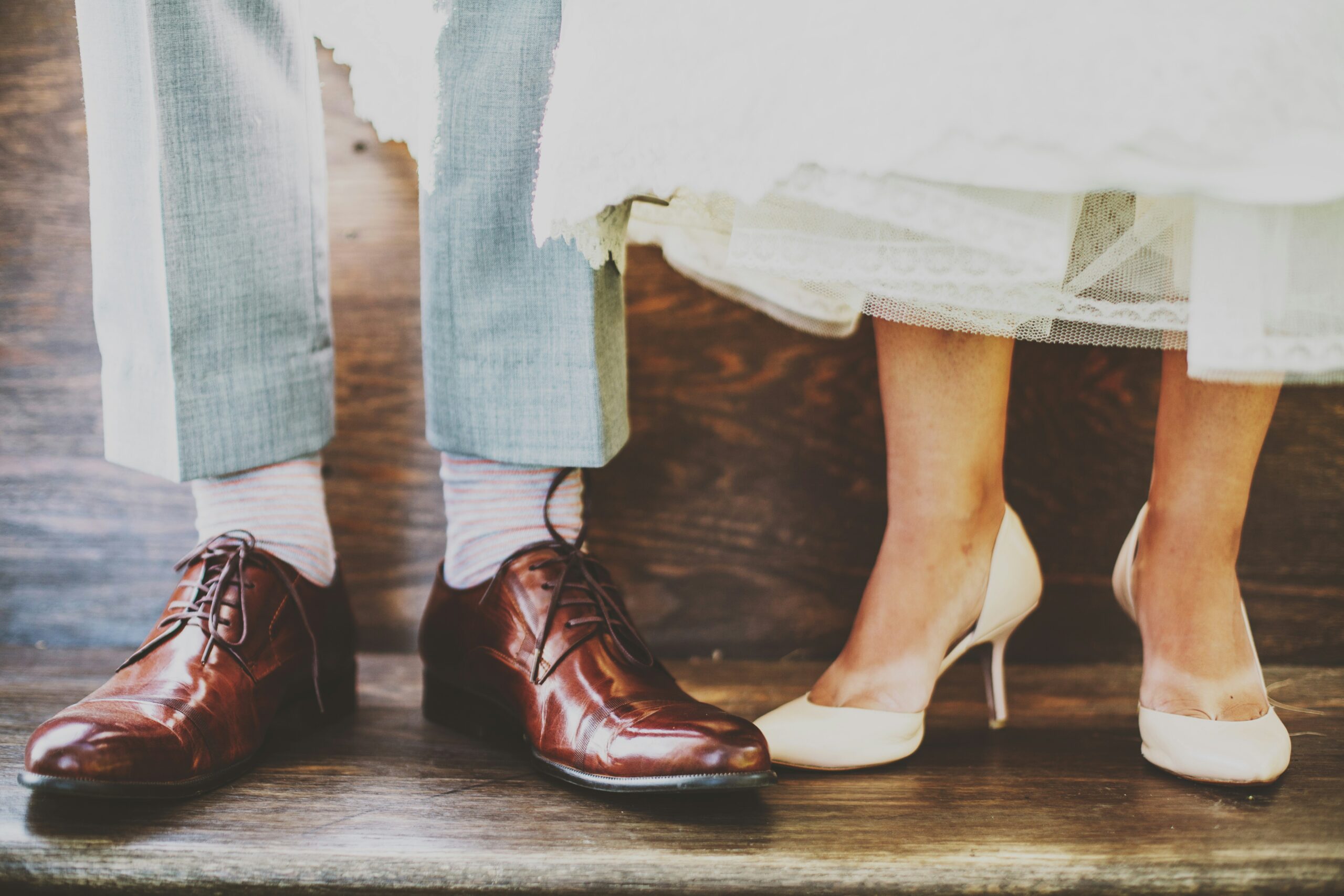Denmark is one of a handful of EU member states that does not allow dual citizenship, but the Danish Institution for Human Rights (DIHR), Danes Worldwide and the dual citizenship campaign group Statsborger.dk are all eager to see Denmark get off the list.
Representatives of the three organisations held a panel discussion on Monday to asses progress in their quest to get Denmark to change its stance on dual citizenship. They were joined by MPs Jan E Jørgensen (Venstre) and Zenia Stampe (Radikale).
Currently, dual citizenship is allowed in very few cases in Denmark. In certain circumstances, Danes can be born dual citizens, but they cannot go on to obtain a second citizenship later in life without forfeiting their Danish citizenship. Likewise, foreigners wanting a Danish passport must first forfeit their original citizenship before becoming Danish.
The panel's main speaker, DIHR's senior researcher Eva Ersbøll, said that Denmark needs to get with the times when it comes to dual nationality. She said that in today's world, many people move between countries and they shouldn't be forced to sacrifice their identities in order to have a voice in their new homes. She also said it creates a number of problems that Denmark is unlike so many of its European neighbours when it comes to dual citizenship.
"I believe there is an interest in the EU and the UN to have common rules [about dual citizenship] in the member countries," Ersbøll said. "A number of countries, including Sweden and Finland, have changed their laws in this millennium to allow dual citizenship."
Despite her organisation's disappointment that the current government has been slow to move on dual citizenship, Anne Marie Dalgaard, the executive secretary of Danes Worldwide, said that she expects parliament to present a final bill sometime this spring. She said that not allowing dual citizenship is a big problem for the some 20,000 Danes who return to Denmark each year after living abroad.
“The largest immigrant group in Denmark is actually Danes who chose to return,” Dalgaard said to a laughing crowd. According to Dalgaard, Danes living abroad feel like they either have to give up their identity or never fully integrate into their new country.
She also thinks that Denmark's stance is hypocritical.
"We expect immigrants to integrate [in Denmark] but we prevent our own citizens from integrating [in other countries]," she said.
 MPs positive but can't say when a change will come
MPs positive but can't say when a change will come
Jørgensen and Stampe both said that they are very open to the notion of dual citizenship. They predicted that a bill would soon pass parliament, though neither was able to provide a timeframe.
"We are discussing the matter in Venstre and I hope that the overall attitude will be positive," Jørgensen said. The party's leader, former PM Lars Løkke Rasmussen, has previously said that he is against allowing dual citizenship, and Jørgensen acknowledged that the issue is a complex one.
"Some of the problems in allowing dual citizenship include loyalty to the countries and also conscription – what if the two countries become enemies in a war?" he asked. "But there are also many positive aspects of changing the law. In today's world, people travel and move, and maybe return to their home country. Dual citizenship would also be very handy regarding mixed marriages."
Stampe brushed away Jørgensen's concerns and said that Radikale was very much in favour of a law allowing dual citizenship.
"The issue of war is just not very relevant right now," she said. "What matters is that to be an active national, one must have a citizenship."
That position was backed up by participant Larry Feinberg, who grew up in New York but moved to Denmark more than 25 years ago. He has children with a Danish woman and they therefore have dual citizenship. Feinberg brought along a lot of immigrants to the seminar, because he thinks that it is also important to represent that side of the issue.
“This law is not only relevant for Danish emigrants but also for foreign immigrants who have come to this country,” Feinberg said. “There are many people in Denmark who work but cannot vote. We have taxation but no representation.”

He added that he feels somewhat Danish, even though he knows he will always be recognised as an American. He would like to have the same privileges and rights as his colleagues and neighbours so for him it is mostly a question of legal matters and security.
British citizen William P Vase, who moved here in 1972, agreed that it is unfair that foreigners who choose to keep their citizenship have no say in what happens in Danish society. As a non-citizen, he can vote in local elections but has no say in who gets a seat in the parliament. He said that he doesn't feel particular English or Danish.
"I feel like an EU citizen," Vase said.
Can a person love more than one country?
Jørgensen said that a common argument against dual citizenship is that a man cannot love two women at the same time, so how could he possibly love two countries? But Nils Jensen, a Dane who lives in the US, said that was a straw man argument.
"I love my wife, but that doesn't keep me from also loving my mother," Jensen said.
Karin Ehnbom Palmquist, the executive secretary of Svenskar i Världen, the Swedish equivalent of Danes Worldwide, said that Sweden has not experienced any negative aspects of allowing dual citizenship since the law was implemented in 2001. She cautioned, however, that the process to get the law changed in Sweden took a long time.
The Danish government announced its support for dual citizenship in October 2011, but despite a majority of parliament saying in July 2012 that they would support a bill allowing dual citizenship, no such bill was included in the law catalogue for this parliamentary year.













